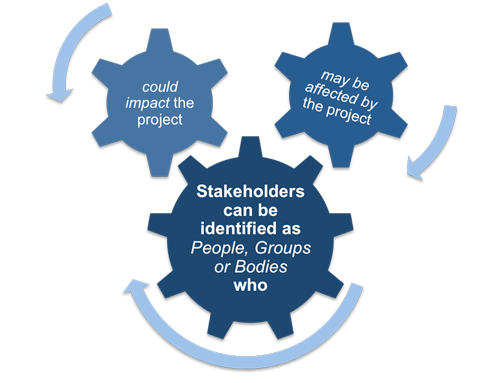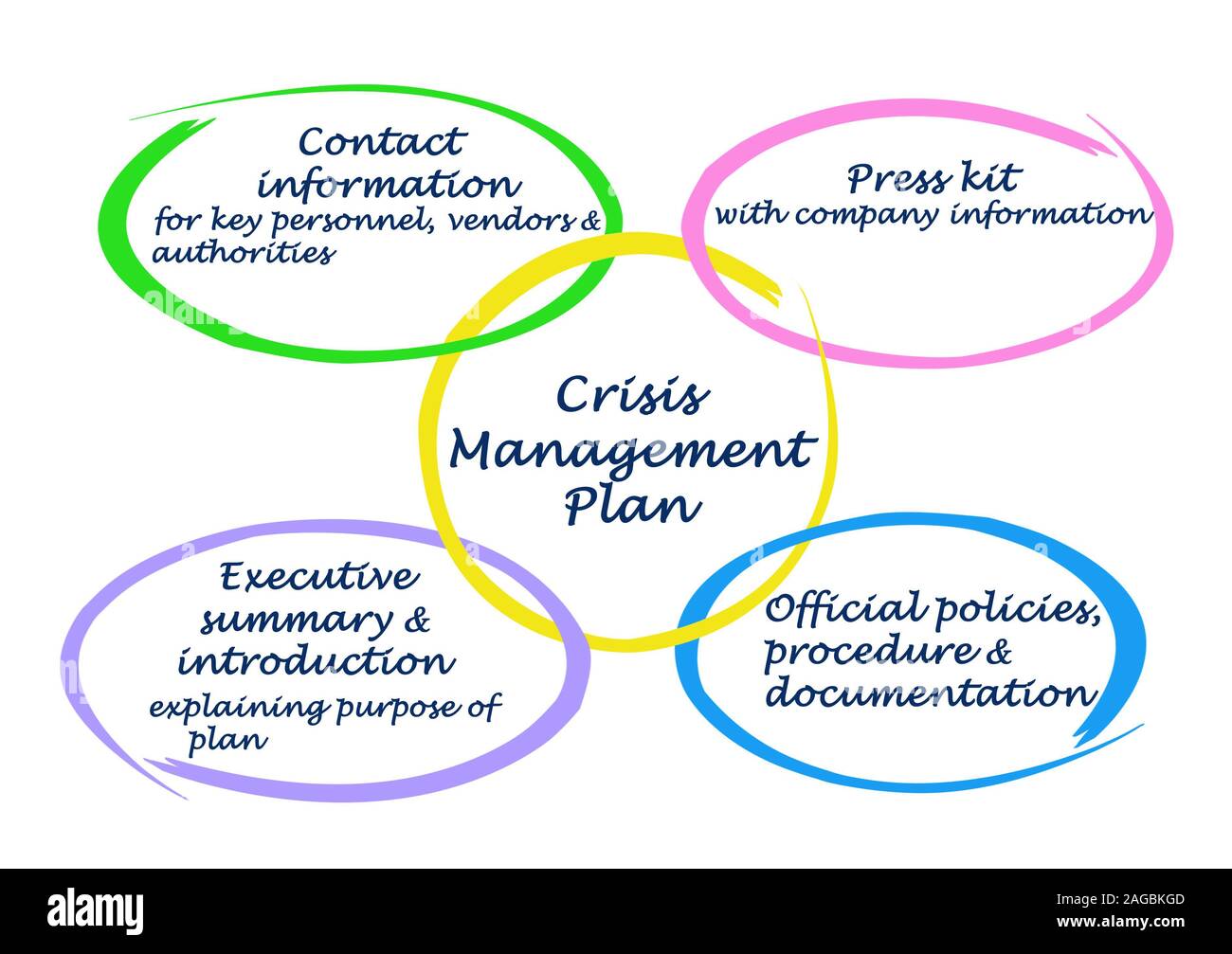
If you are thinking of a career involving supply chain management, here are some things to keep in mind. There are many supply chains and each industry has its own supply chain. For example, a supply chain manager who is working for a manufacturing company would not be the right choice for someone who is interested in working for a wholesale or retail company.
Successful supply chain managers have certain characteristics
Supply chain managers who excel are adaptable learners who are open to learning and willing to experiment with new ideas. They are quick to understand the nuances of a problem and use failures as clues to improve. They love to tackle new tasks and they can grasp the essence quickly. Their inherent curiosity for the unknown drives their desire to learn.
The supply chain manager must not become a micromanager, but be skilled at taking on strategic risk. While risks are an inevitable part of growth, they should be supported by data. This means being strategic and analytical rather than reactive. Inflexibility hinders success. It also causes frustration in supply chain managers.

Management of a supply channel is a complicated and dynamic field. So, supply chain managers should be well-versed in market trends and be ready to adopt new technology. They must also communicate well with technologists with advanced knowledge.
Bachelor's Degree in Supply Chain Management
A bachelor's program in supply-chain management offers students a foundation of business administration, strategy management, and leadership. This degree also teaches common software skills. The cost of an accredited undergraduate degree in supply chain management is relatively low. In 2020, full-time programs at public four-year universities cost in-state students on average $10,560 per annum, compared with $37.650 at private universities. Federal student loans and financial aid may be available to reduce the cost of your degree.
An online degree in supply chain management from an accredited university can be an excellent option. This program includes courses on global supply chains, international supply chains, business decision-making, and global supply chain management. The program also covers operational strategies, sustainability in global supply chain and business decision-making. The program's cost is $688 per hour.
What are the typical duties of a supply manager?
Managers of the supply chain are responsible to organize a company’s supply network. They manage inventories, plan product flow, and devise and implement cost-saving processes. They also manage third parties logistics providers, identify waste and conduct environmental performance assessments. These professionals create monthly, weekly and daily reports that reflect their performance metrics.

Supply chain managers generally work forty hours per week. They can be found in business settings or off the production floor. This position requires extensive knowledge about the business, operations, as well as the processes within the company. They typically must be comfortable working with people and data. If you love following through and implementing procedures, then a career in supply chain management could be for you.
The salary of a supply-chain manager is slightly lower than that of a director for procurement. Both roles require the same skills and knowledge in logistics, procedures and customer service.
FAQ
What are the most common errors made by managers?
Sometimes managers make it harder for their employees than is necessary.
They may not delegate enough responsibilities to staff and fail to give them adequate support.
In addition, many managers lack the communication skills required to motivate and lead their teams.
Managers set unrealistic expectations and make it difficult for their team.
Managers may prefer to solve every problem for themselves than to delegate responsibility.
What are the five management processes?
These five stages are: planning, execution monitoring, review and evaluation.
Setting goals for the future is part of planning. This includes setting goals for the future and defining what you want.
Execution happens when you actually do the plan. You need to make sure they're followed by everyone involved.
Monitoring is the act of monitoring your progress towards achieving your targets. Regular reviews of performance against targets, budgets, and other goals should be part.
At the end of every year, reviews take place. They give you an opportunity to review the year and assess how it went. If not then, you can make changes to improve your performance next year.
After the annual review, evaluation takes place. It helps identify what worked well and what didn't. It also provides feedback on the performance of people.
What are the main management skills?
Managerial skills are crucial for every business owner, regardless of whether they run a small store in their locality or a large corporation. These skills include the ability of managing people, finances, time, space, and other factors.
Management Skills are also needed when you're setting goals and objectives, planning strategies, leading teams, motivating employees, resolving problems, creating policies and procedures, and managing change.
As you can see, there's no end to the list of managerial duties!
What is the difference between management and leadership?
Leadership is about influence. Management is about controlling others.
A leader inspires others while a manager directs them.
A leader inspires others to succeed, while a manager helps workers stay on task.
A leader develops people; a manager manages people.
Statistics
- UpCounsel accepts only the top 5 percent of lawyers on its site. (upcounsel.com)
- Hire the top business lawyers and save up to 60% on legal fees (upcounsel.com)
- The profession is expected to grow 7% by 2028, a bit faster than the national average. (wgu.edu)
- The BLS says that financial services jobs like banking are expected to grow 4% by 2030, about as fast as the national average. (wgu.edu)
- 100% of the courses are offered online, and no campus visits are required — a big time-saver for you. (online.uc.edu)
External Links
How To
How do you use the 5S in your office?
To make your workplace more efficient, organize everything. An organized workspace, clean desk and tidy room will make everyone more productive. To ensure space is efficiently used, the five S's (Sort Shine, Sweep Separate, Store and Separate) are all essential. This session will go over each of these steps and show how they can be used in any setting.
-
Sort. Get rid of clutter and papers so you don't have to waste time looking for the right item. This means that you should put things where they are most useful. It is a good idea to keep things near where you are most likely to refer to it. Consider whether you really need the item. If it no longer serves a useful purpose, get rid it!
-
Shine. Get rid of anything that could potentially cause damage or harm to others. For example, if you have a lot of pens lying around, find a way to store them safely. It might mean investing in a pen holder, which is a great investment because you won't lose pens anymore.
-
Sweep. To prevent dirt buildup on furniture and other items, clean them regularly. You may want to invest in some dusting equipment to ensure that all surfaces are as clean as possible. You can even set aside a specific area for sweeping and dusting to keep your workstation looking tidy.
-
Separate. It will help you save time and make it easier to dispose of your trash. To make it easier to throw away your trash without having to look for it, trash cans are often strategically placed throughout an office. Make sure that you take advantage of this location by placing trash bags next to each bin so that you don't have to dig through piles of trash to find what you need.